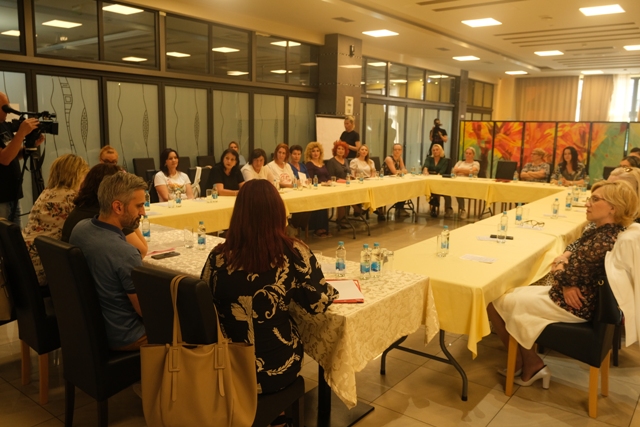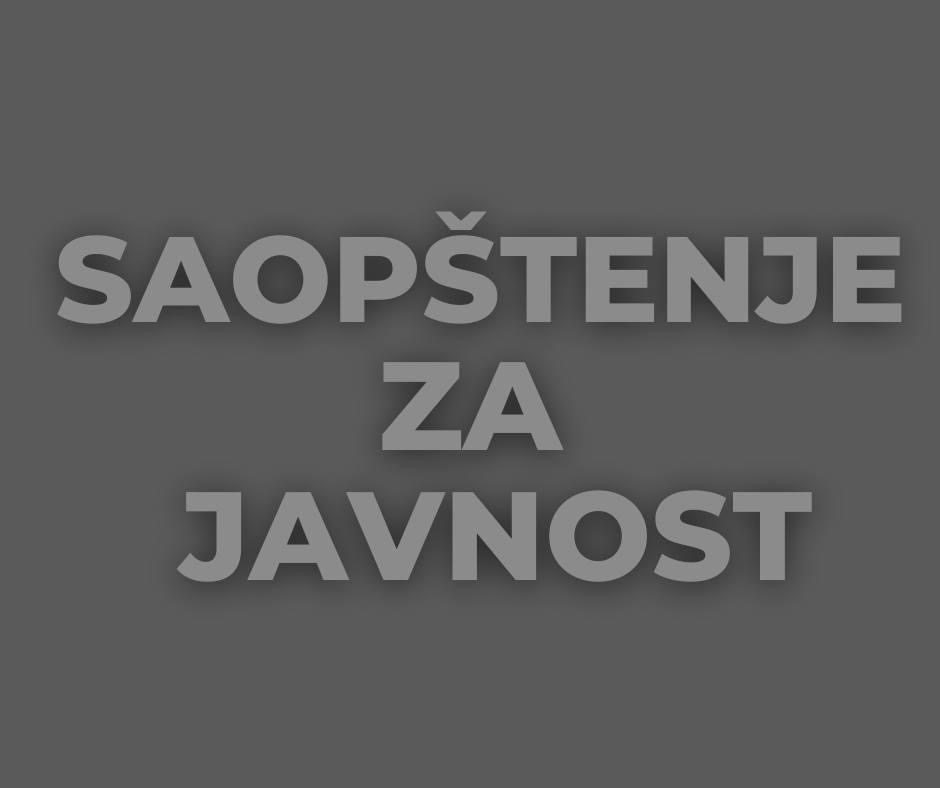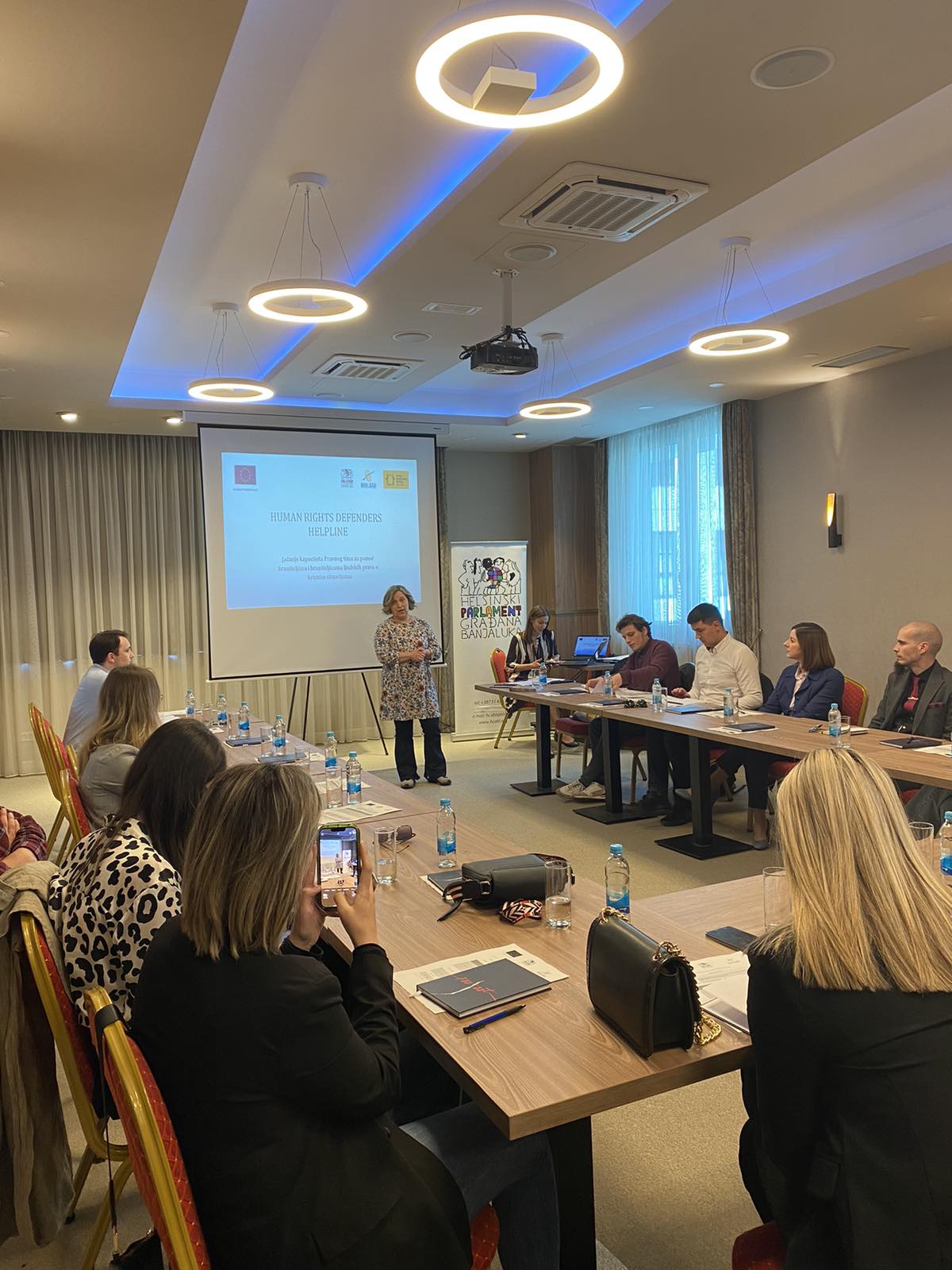Do we need a school for parents, is one of the questions that was discussed at the Round Table on the topic “Challenges of Upbringing and Education in Contemporary Society”.
The Helsinki Citizens’ Assembly Banjaluka, as part of USAID’s PRO Future project, and in cooperation with the Foundation Lara in Bijeljina, on June 19, organized another round table on the topic “Challenges of Upbringing and Education in Contemporary Society”.
Round table panelists were Angelina Perić, school psychologist; Oleg Grubač from the Center for Mental Health and Tanja Marić, pedagogue from the Faculty of Philosophy in Banja Luka.
On that occasion, psychiatrist Grubač pointed out that more and more children of early school age are coming to the Bijeljina Mental Health Center for help, and therefore there is a noticeable increase in the number of children with mental difficulties. “Whenever we have disturbances in the environment, it also affects the disturbance in children’s development. The number of people who is being treated of PTSD is huge, I treat hundreds of people in the area of Bijeljina, and imagine what is the number of people who do not receive treatment. And the question arises, what are their parental capacities to deal with children?”, believes Grubač.
The pedagogue and professor from the Faculty of Philosophy in Banja Luka, Tanja Marić, pointed out that today they are looking for a new goal of education and upbringing, which used to be obedience and submission to both parents and teachers. “Today’s research shows that parents have an overly protective style towards children, and that there is a lack of structure and boundaries both in parenting and in school. The boss in the school should be the teacher, and in the family the parent. Is it really still like that today?” asked the present professor, pointing out that the increased presence of the police in schools actually sends a message that we are not safe. “I think that these measures are repressive and restrictive, not preventive,” emphasized professor Marić.
School psychologist Mrs. Perić pointed out that safety and stability in the family are necessary for a child to develop properly. Today, parents tend to create a helicopter parent/glass garden environment for their children, separated from all the horrors of this world. “Emotional literacy means that our child, like us, must experience all emotions, such as sadness, anger, furor, happiness and satisfaction. Our parents, in our environment, generally want to raise happy children and are afraid if our children are angry or unhappy, we jump in because we are afraid of some psychological trauma. We try to constantly comfort our children, instead of teaching them to comfort themselves. We are actually afraid of setting boundaries, because we are afraid that these boundaries will leave some kind of trauma on our children”, she believes. Also, he points out that exactly such norms of behavior are transmitted in school, where parents do not expect teachers to set limits, but that children can do what they want and when they want.
When it comes to the challenges teachers face regarding the education system, she pointed out that teachers are also afraid of setting boundaries, because they are unprotected from the system. “They are also afraid of confronting the parents, who continue to overprotect their child. The teacher most often withdraws, in fear of losing his/her job. And the biggest losers are the children,” she concluded.
When it comes to the educational system, experts believe that only knowledge is valued and evaluated in school, but functional knowledge, friendship, and critical thinking should also be valued. The key is investing in education and preventive response, greater investments and increasing the work capacity of expert services, strengthening the social function of education, hiring non-partisan staff, these are just some of the conclusions and recommendations of the round table in Bijeljina.





